 |
 |
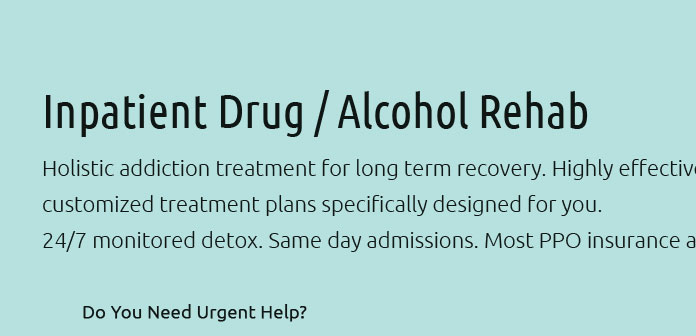 |
 |
 |
 |
||
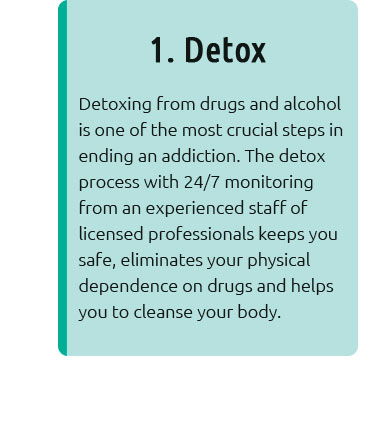 |
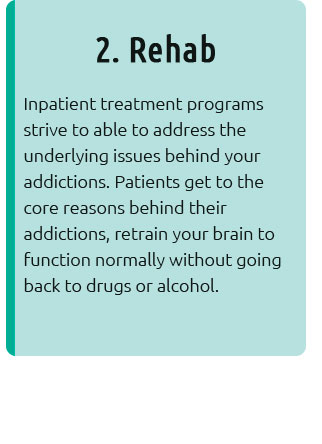 |
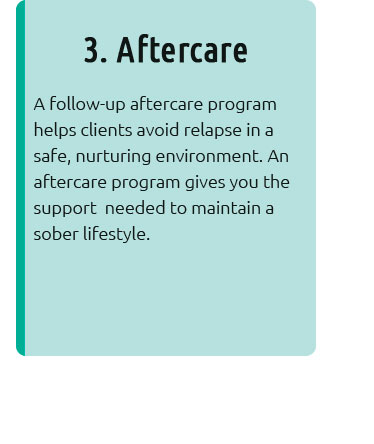 |
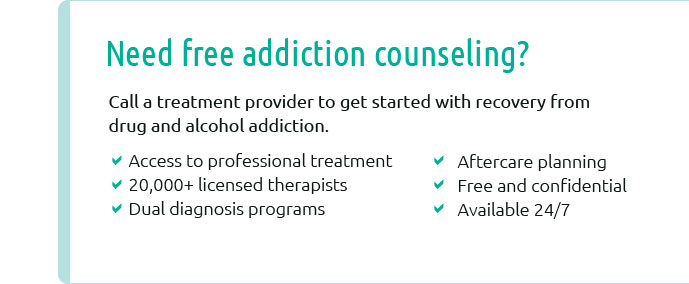 |
 |
 |
 |
||
 |
||
 |
||
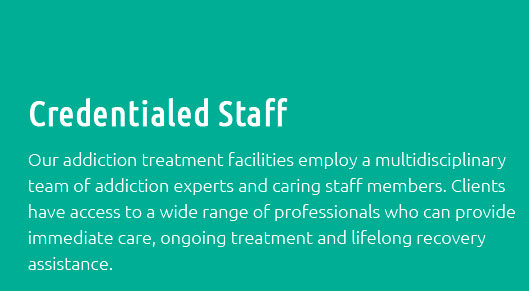 |
 |
 |
|
 |
|
|
Discover a revolutionary path to recovery at our inpatient drug and alcohol rehab, where our innovative non-12 step alcohol rehab program empowers you to break free from addiction by embracing personalized, evidence-based treatment that respects your unique journey; here, you're not a number-you're an individual, and our expert team is dedicated to crafting a transformative experience that equips you with the tools, resilience, and support to reclaim your life with confidence and clarity, leaving the traditional behind and forging a future that truly reflects your potential.
https://adcare.com/therapy/12-step-compared-non/
Our New England detox & rehab facility is committed to supporting your recovery journey. Learn more about substance addiction treatment. https://rehabsuk.com/treatments-and-therapies/non-12-step-treatment/
Explore Rehabs UK personalised & connected non-12-step addiction treatment options, including residential rehab, outpatient programmes, home detox, ... https://alcohol.org/alcoholics-anonymous/alternatives-to-the-aa-approach/
The AA approach isn't the only option when it comes to sober support groups. Learn about 5 alternatives to find a program that fits your ...
|